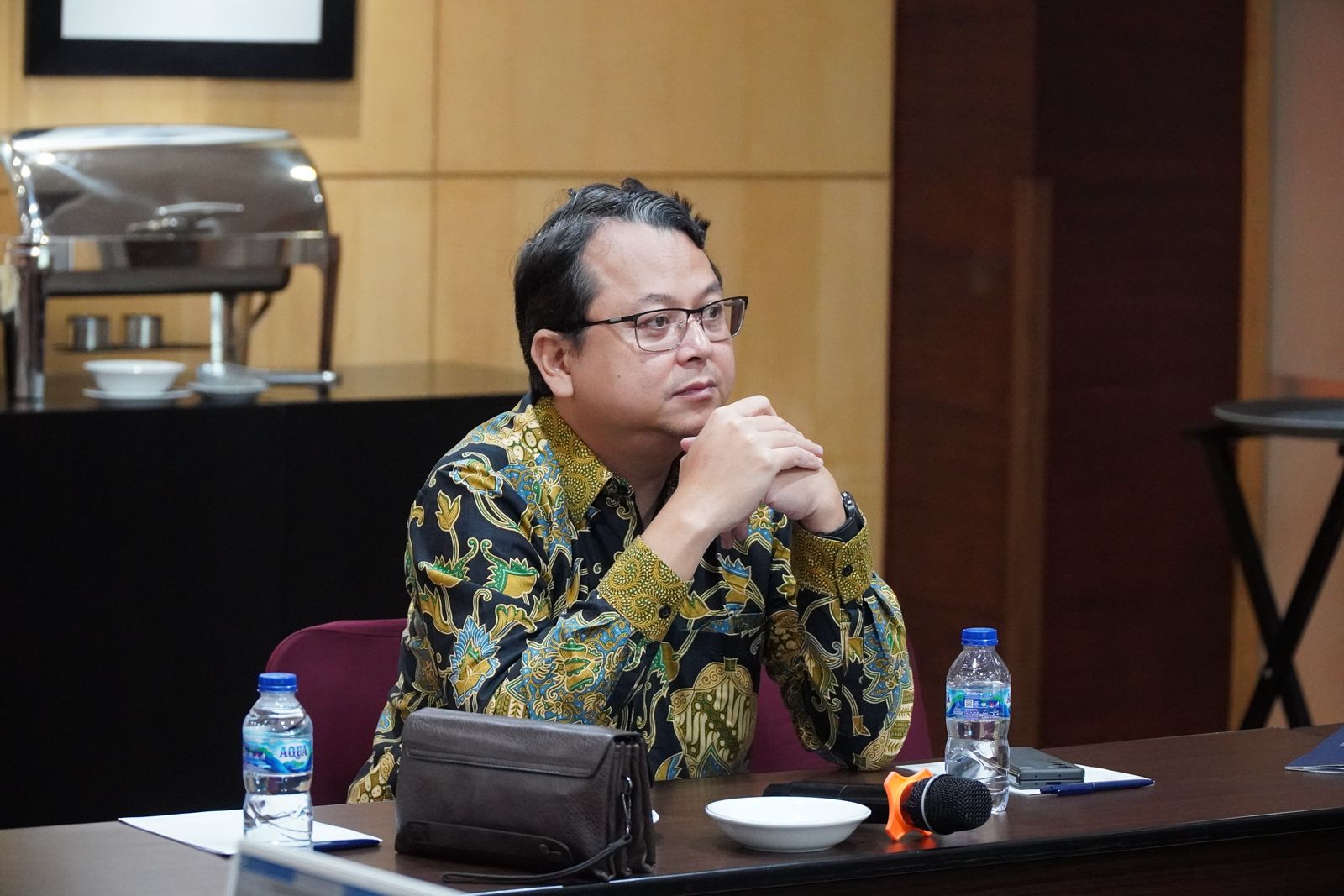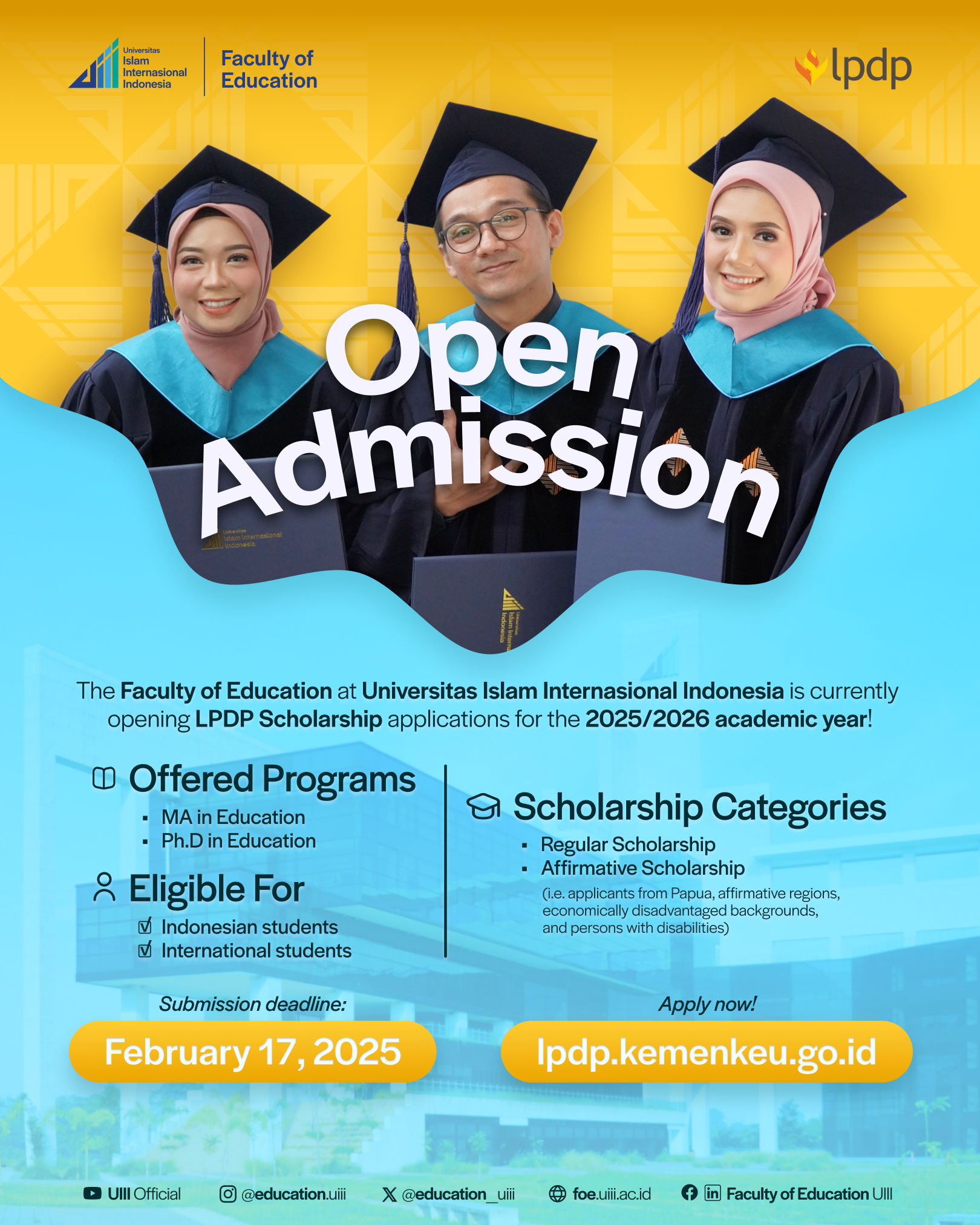Scholar-in-Residence (SIR) Program 2025, Batch 6 & 7 [extended to 24 Feb 2025]

The Faculty of Education at UIII invites all Ph.D. holders to participate in the Scholar-in-Residence (SIR) Program 2025, Batch 6 & 7 to spend three months as a research fellow.
During the grant period, awardees are expected to serve as guest lecturers, provide academic consultations, act as thesis examiners, present at a LunchTalk, and publish an article in Muslim Education Review (MER). The topic of the article should match the four areas of concentration at the Faculty of Education:
➡Curriculum, Teaching, & Learning
➡Educational Management & Policy
➡Educational Evaluation and Assessment
➡Education and Society
Each recipient will receive IDR 12 Million per month (excluding tax) and are expected to live in the campus facilities during the grant period (reimbursement of economic return tickets and on-campus accommodation are provided).
The awardees will start on:
➡May 1 – July 31, 2025 (Batch 6)
➡September 1 – November 30, 2025 (Batch 7)
Requirements:
➡CV
➡Application Letter
➡Writing sample (published article)
➡Research writing proposal (to be published in MER)
?Deadline: February 24, 2025
?Send your application to: education@uiii.ac.id
Please make sure to read all the details about the program. International applicants are encouraged.
CALL FOR PAPERS: Muslim Education Review (MER) 2025

CALL FOR PAPERS: Muslim Education Review (MER) 2025
The Faculty of Education at UIII is pleased to invite submissions for our 2025 editions of Muslim Education Review (MER). We welcome scholarly articles that explore educational concepts, practices, and policies in the Muslim world.
? Submission Deadlines:
April 15, 2025 (Volume 4, No. 1)
October 1, 2025 (Volume 4, No. 2)
Please submit your manuscripts via email to mer.journal@uiii.ac.id. For more information, including submission guidelines and past editions, visit journal.uiii.ac.id/index.php/mer.
We look forward to receiving your contributions!
Lunch Talk #38: School Principal Leadership during Crisis: Case Studies of School Resilience

You are invited to join the Lunch Talk #38 at the Faculty of Education, UIII
Yohan Rubiyantoro M.A., Ph.D, (the Ministry of Primary and Secondary Education, a doctoral holder on Educational Leadership from the University of Nottingham, UK) will share about: "School Principal Leadership during Crisis: Case Studies of School Resilience".
Over the past three decades, studies of leadership have increased worldwide. However, only limited research has been conducted in Indonesia, particularly in regard to how school leaders responded to the school crisis.
This talk presents empirical findings from 40 participants across Indonesian schools. Discussion will demonstrate the Indonesian school resilience. It will elaborate the extreme pressure on principals and the disruption to teaching and learning, as well as the principal's efforts to turn around the school.
Day/Date: Tuesday/February 25, 2025
Time: 13.00-14.30 WIB
Place: Theater, Faculty A Building
Online participation:
https://bit.ly/LunchTalkEdu38
E-Certificate is provided
Thank you!
Recorded on YouTube
https://www.youtube.com/watch?v=QtiWBLSWQYk
Planning, Executing, Evaluating—Repeat: FoE Makes End-Semester Gathering a Tradition

Planning, Executing, Evaluating—Repeat: FoE Makes End-Semester Gathering a Tradition
February 04, 2025
Contributors: Supriyono & Virda Lalitya Umam | Editor: Dadi Darmadi | Photos: Virda Lalitya Umam
As part of its ongoing commitment to academic excellence, the UIII Faculty of Education (FoE) held a full-board meeting with all of its civitates on January 23, 2025, aimed at evaluating past semester activities while strategizing for the upcoming term. This routine gathering serves as a crucial platform for reflecting and evaluating its educational management activities to ensure it remains at the forefront of educational advancement.
The meeting provided an opportunity for the faculty members to assess the effectiveness of previous programs, address challenges, and refine strategies for the future. Discussions revolved around enhancing academic curricula, fostering research collaborations, and strengthening community engagement—three core pillars of Indonesia’s higher education, also known as ‘Tri Dharma Perguruan Tinggi’. Lecturers and academic staff actively participated, sharing insights on improving student learning experiences and adapting to the rapidly changing educational landscape.
A highlight of the meeting was the presentation delivered by Dr. Berry Juliandi, M.Si., Dean of the Faculty of Mathematics and Natural Sciences at IPB University and Acting Director of Learning and Student Affairs at the Ministry of Higher Education, Science, and Technology. His session, titled "Impactful Education: Future Direction of Education Policy in Indonesia," provided valuable perspectives on higher education challenges and innovations crucial for the faculty to navigate its future orientation.
Following his presentation, an engaging discussion took place among faculty members, allowing them to engage with pressing educational concerns, including curriculum relevance, graduate employability, and the role of AI in education. These discussions reinforced the faculty’s dedication to equipping students with 21st-century skills and preparing them for cross-sectoral disruptions.
Through this meeting, the UIII Faculty of Education reaffirmed its commitment to continuous improvement and impactful education. By fostering dialogue for its educational management strategies, the faculty aims to drive meaningful changes that benefit students, academia, and society at large.
‘Tri Dharma’ No Longer Enough: Here’s the Fourth Pillar Universities Must Have

‘Tri Dharma’ No Longer Enough: Here’s the Fourth Pillar Universities Must Have
February 04, 2025
Contributors: Supriyono & Virda Lalitya Umam | Editor: Dadi Darmadi | Photos: Virda Lalitya Umam
As Indonesia faces pressing global and domestic challenges, a question emerges: is the traditional role of universities in education, research, and community service—commonly known as Tri Dharma—still sufficient? Well, the short answer is: “No, it’s not”, according to Dr. Berry Juliandi, M.Si., Dean of the Faculty of Mathematics and Natural Sciences at IPB University and Acting Director of Learning and Student Affairs at the Ministry of Higher Education, Science, and Technology.
Speaking at a full-board meeting of the UIII Faculty of Education on Thursday (01/23/2025), Dr. Juliandi emphasized the urgent need for Indonesian universities to evolve beyond the conventional paradigm in viewing the function of higher education. In his presentation, titled “Impactful Education: Future Direction of Education Policy in Indonesia”, Dr. Juliandi outlined how higher education institutions must move beyond merely producing graduates to actively shaping the country’s socio-economic landscape.
He noted that while the Tri Dharma has long served as the backbone of Indonesia’s academic framework, it no longer accommodates the demands of today’s fast-evolving world. Instead, universities must integrate a fourth dimension—which he identified as “national impact”—by fostering innovation, aligning research with industry needs, and equipping students with 21st-century skills to navigate technological disruptions.
This paradigm shift comes in response to pressing national concerns, including the employability of graduates, effectiveness of research funding, the disconnect between academia and community needs, and the underdevelopment of scientific and technological talent. Dr. Juliandi stressed that universities should no longer function as isolated knowledge hubs but as dynamic institutions that contribute directly to economic growth, policy development, and technological advancement in line with the Sustainable Development Goals (SDGs).
He also highlighted the risks and opportunities posed by artificial intelligence (AI) in education, warning that institutions must prepare students for an era where AI literacy is essential. “The real AI war will not be between humans and AI, as commonly depicted in fiction, but between those who can leverage AI and those who cannot,” he remarked. He encouraged universities to embrace AI responsibly while upholding academic integrity.

Closing his presentation, Dr. Juliandi underscored the importance of character-building as the foundation of education. “No matter how advanced our systems become, the true measure of education is the integrity and character of our students and educators,” he concluded.
Dr. Juliandi’s insights sparked a lively discussion among UIII Faculty of Education lecturers, who explored the implications of these changes for their academic programs and institutional strategies. As Indonesia transitions itself into a new era of higher education, the message is clear: universities must redefine their purpose, moving beyond the Tri Dharma model to become catalysts for national transformation.
Academic Motivation Scale’s psychometric attribute: analysis using Rasch measurement model

Julianto, V., Sumintono, B., Almakhi, N.P.Z. et al. Academic Motivation Scale’s psychometric attribute: analysis using Rasch measurement model. (2025). Current Psychology 44, 114-124. https://doi.org/10.1007/s12144-024-07142-7
Abstract
In an academic context, it is important to measure students’ academic motivation, which is closely related to learning improvement. One popular and widely used instrument to measure academic motivation is the 28-items Academic Motivation Scale (AMS) from Vallerand et al. (1989). This study aimed to evaluate the psychometric properties of the Indonesian version of AMS using the Rasch model measurement approach. A total of 1,193 Indonesian secondary school students participated in the study, and their self-reports were used to check instrument quality, including reliability, validity at the instrument level as well as at the item level. The findings showed that AMS Indonesia has adequate psychometric properties. However, four unfavorable items in one construct detected that they came from other dimensions, the rating scale used needs to be shortened, and a few items need to be revised because they have different item functioning. Further testing and refinement of the scale should be conducted
LPDP Scholarship to study MA and PhD in Education program at Faculty of Education UIII

We are delighted to announce that the Faculty of Education at UIII is opening applications for LPDP Scholarship!
Local Wisdom-Based Multicultural Education: Muhammadiyah Experience

Mu’ti, A., & Amirrachman, A. (2025). Local Wisdom-Based Multicultural Education: Muhammadiyah Experience. Intellectual Discourse, 33(Special Issue 1). https://doi.org/10.31436/id.v33iSpecial Issue 1.2241
Local Wisdom-Based Multicultural Education: Muhammadiyah Experience
Abstract
Local wisdom plays a role in helping to face every day challenges. Indonesia’s society is multicultural and has a variety of local wisdom. Local wisdom is a product of thoughts, views of life, behavior, habits, and other elements produced by certain communities that show the identity and uniqueness of that community. The diversity of local wisdom can be accessed and cultivated through education because education is a place for the nation's future generations to learn and be guided as citizens and leaders. Through its network of members spread across various parts of the country, Muhammadiyah has established a large number of educational institutions from early childhood to tertiary institutions spread across the archipelago. The motivation is the da'wah of Islam through educational institutions. At the same time, Muhammadiyah carries the spirit of inclusivity as it has organised education for all. It can be said that Muhammadiyah adjusts itself to the local wisdom by accepting students regardless of religious, ethnic, citizenship and economic background. This inclusivity of Muhammadiyah educational institutions is proven by the fact that it is mostly Christian students who attend many Muhammadiyah schools and universities in the eastern parts of Indonesia. The teachers play the most important role in ensuring that a democratic, peaceful and enriching schooling eco-system comes into existence. The training of the teachers and support staff can be perceived as emphasising on three major parts: awareness, knowledge, and skills.
Keywords: local wisdom, multicultural education, inclusivity, teachers

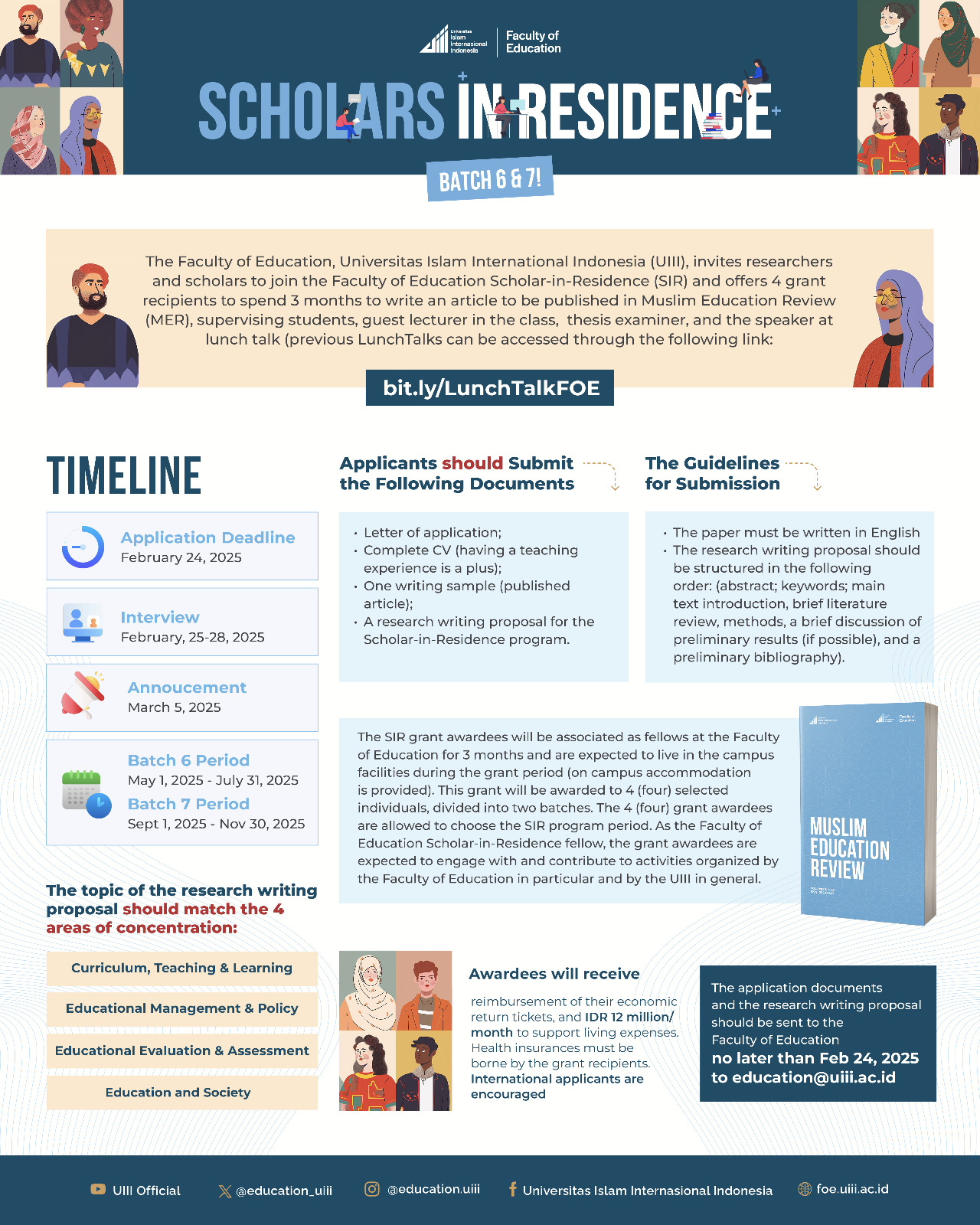
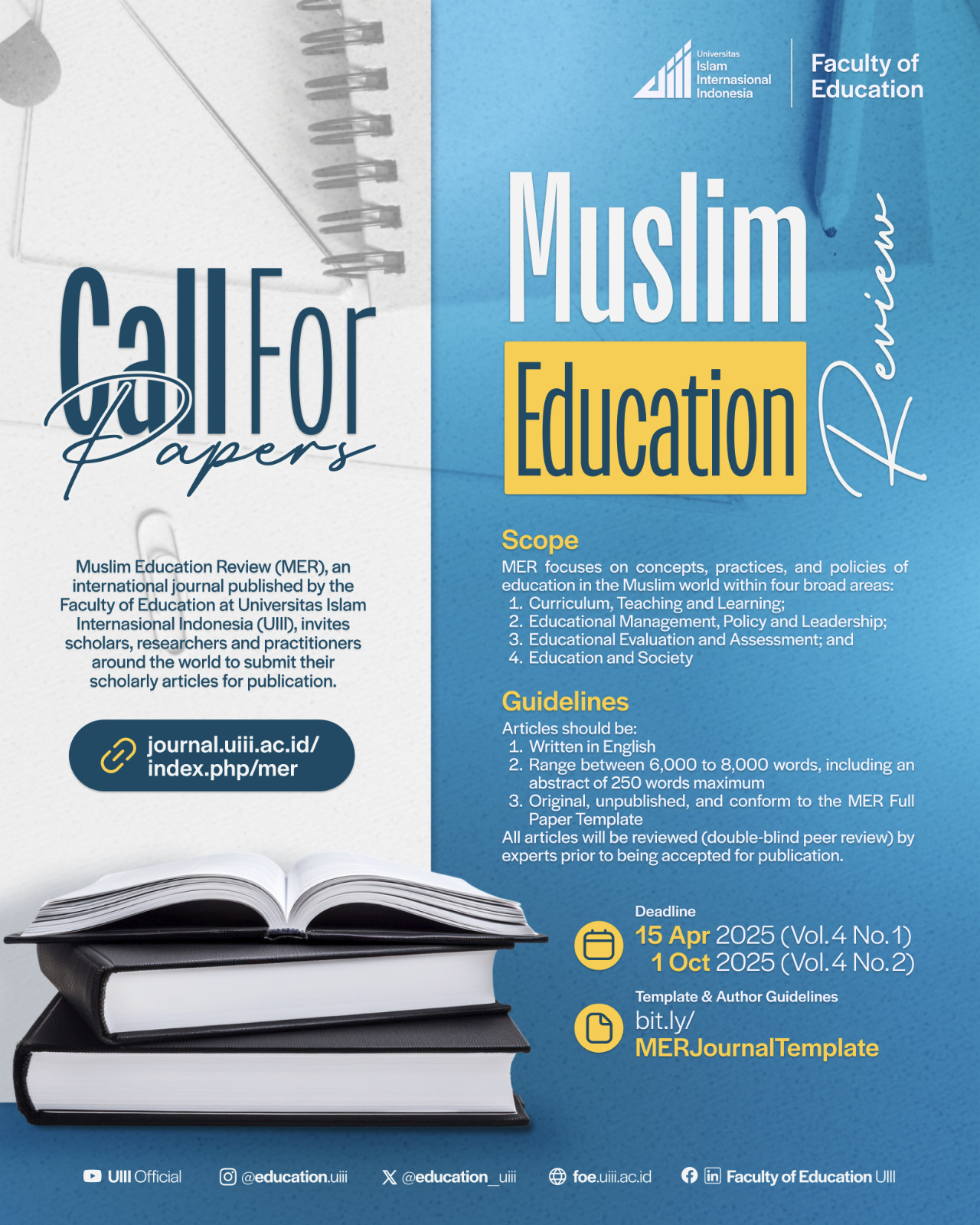
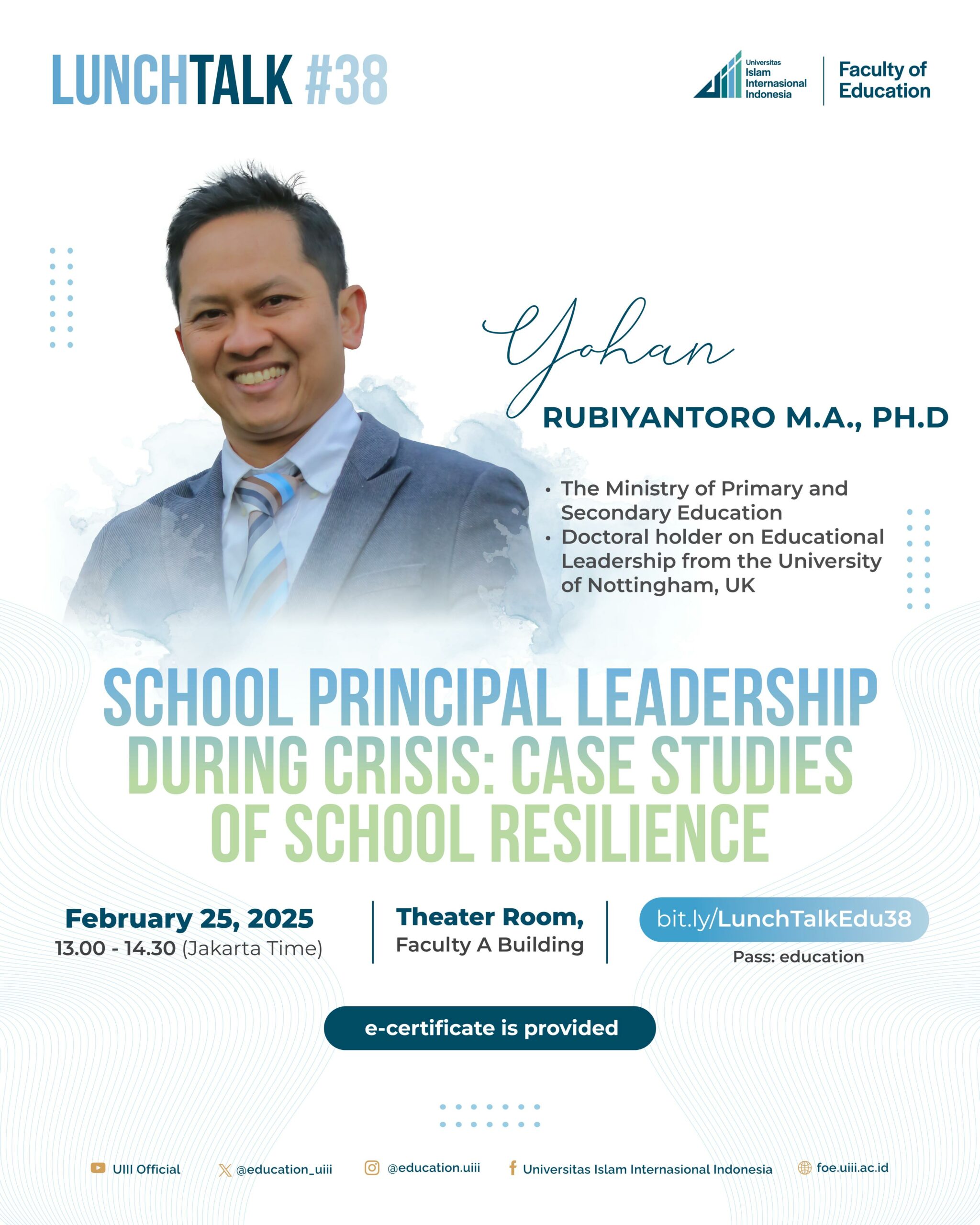
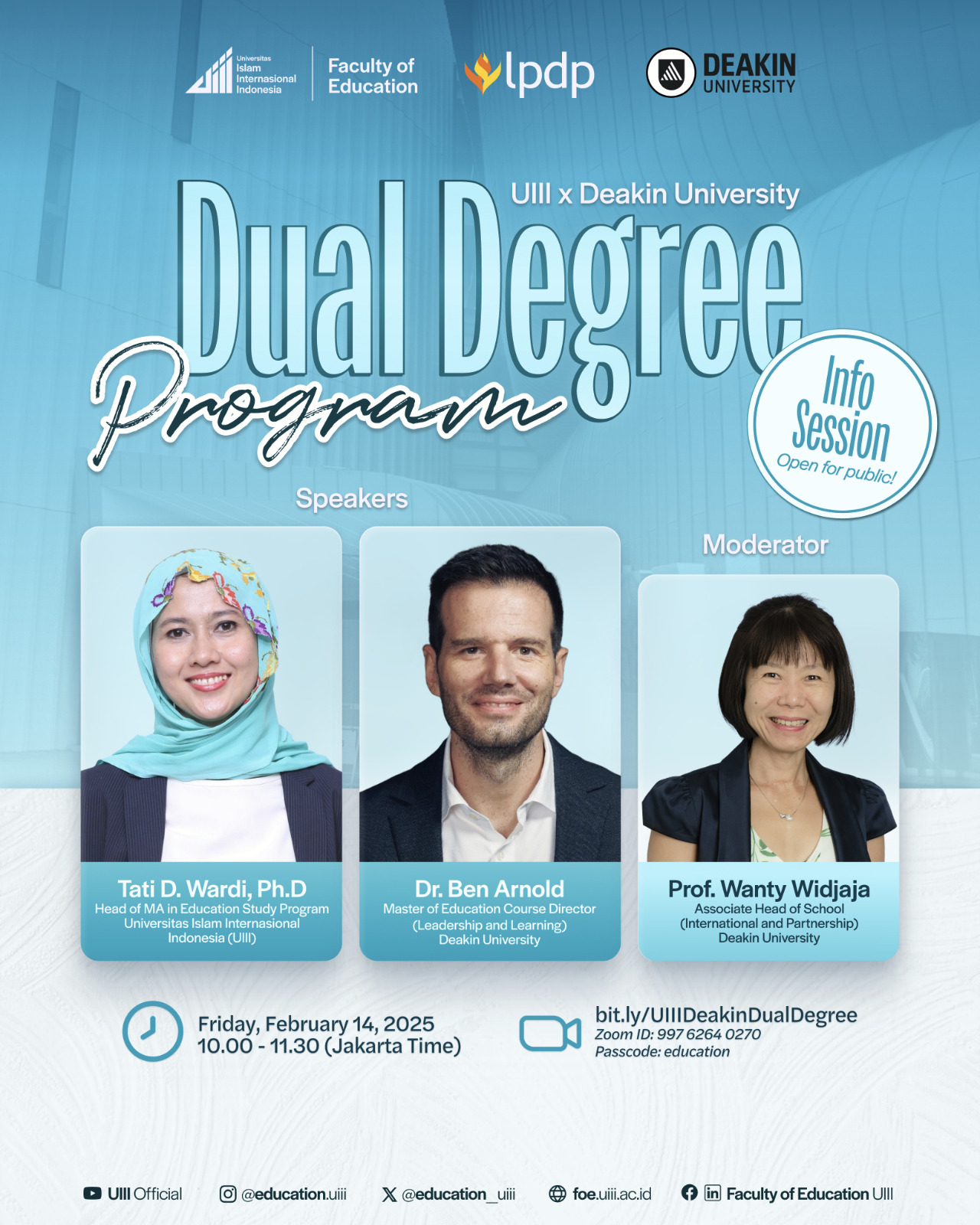

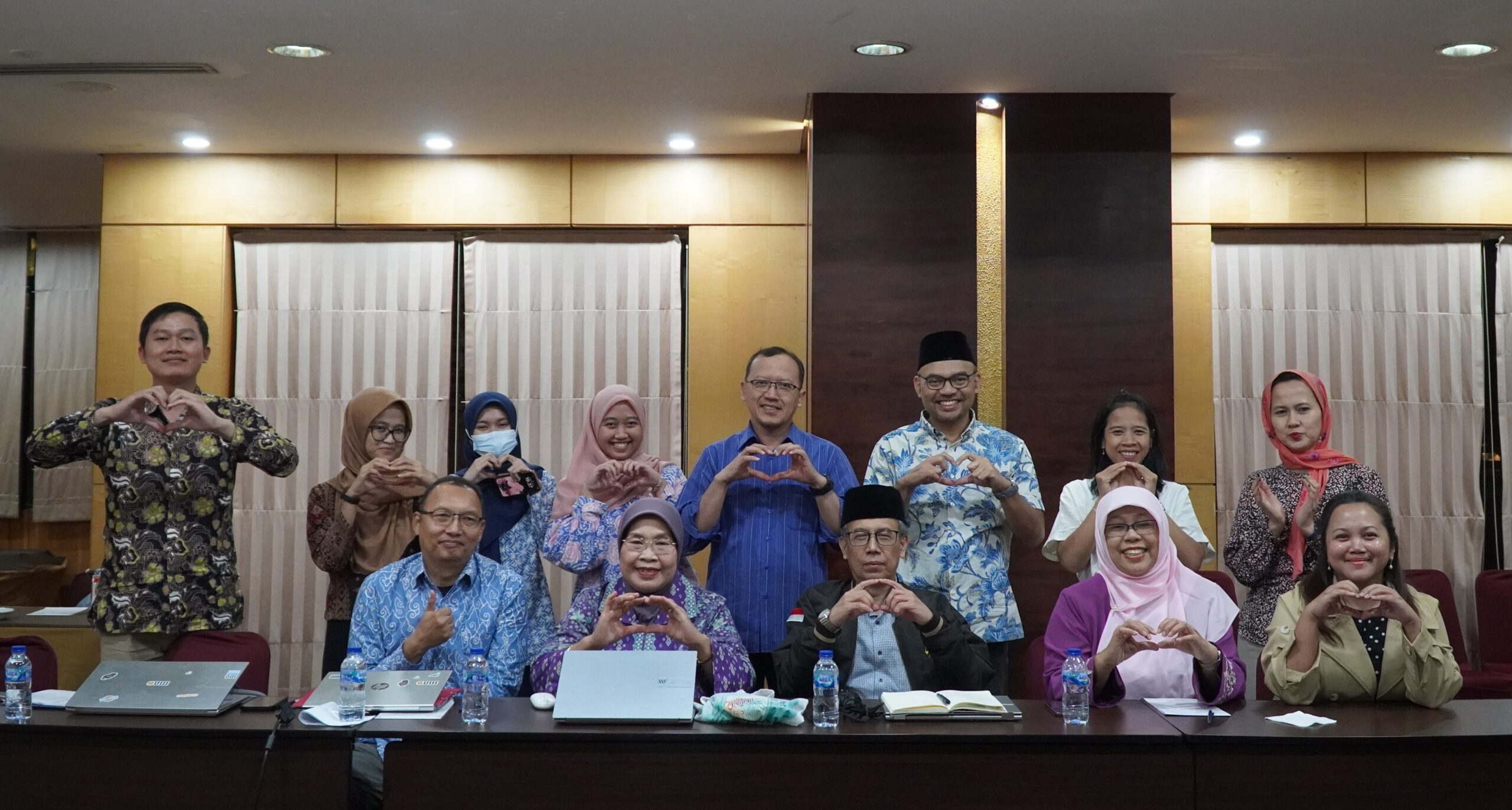
 source:
source: 